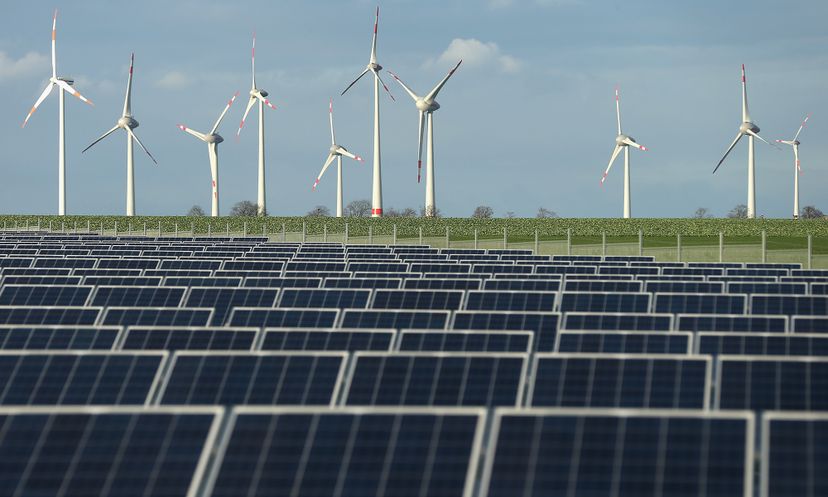
In the very near future, it's quite possible that most vehicle owners will be reusing frying oil to fuel their trucks or plugging their cars into the wall just like a toaster. As gas prices rise, manufacturers are steadily lowering the price points for engines that utilize alternative fuel options that don't use natural resources or harm the environment.
New alternative fuels are popping up faster than you can say "fill 'er up," making it important to understand which ones may be right for your vehicle and driving needs. Below is information on some of the most sustainable and practicable alternative fuel options for the future.
Advertisement